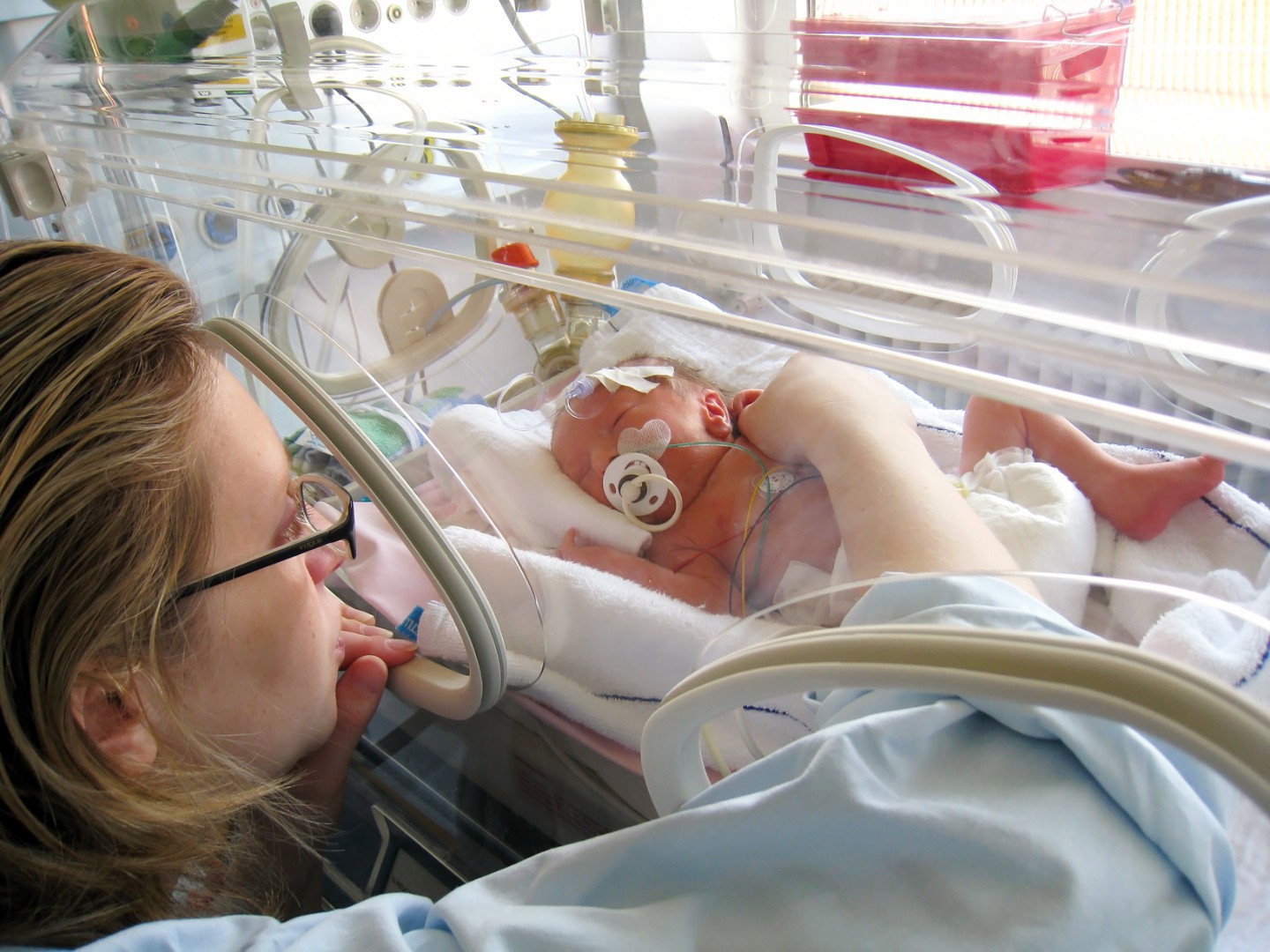There's a picture perfect image of parenthood that floods our social feeds and dominates our expectations: the serene baby sleeping in a meticulously decorated nursery, the blissful parents gazing lovingly. But for some, the reality veers sharply off course, landing them in a place they could never have anticipated: the Neonatal Intensive Care Unit, or NICU.
In the NICU, the air hums with the soft beeps and whirs of life-sustaining machines. Tiny bodies, often no bigger than a parent's hand, fight for every breath, every ounce of strength. And amidst this delicate dance of survival, there's another, often unspoken, battle being waged: the emotional one within the parents.
Parenting a baby in the NICU is an emotional rollercoaster of the most intense kind. It's a journey punctuated by soaring hopes and crushing disappointments, by moments of profound love and debilitating fear. And in this landscape of uncertainty and vulnerability, stress, anxiety, and guilt become unwelcome, yet persistent, companions.
The Stress of the Unknown
Imagine your world being turned upside down in an instant. That's often the experience of NICU parents. A planned birth becomes a premature arrival. A straightforward delivery leads to unforeseen complications. Suddenly, you're thrust into a medical environment, trying to decipher complex terminology, understand dire prognoses, and make life-altering decisions for a fragile being.
The constant vigilance is exhausting. Every phone call from the hospital sends a jolt of adrenaline. Every dip in a monitor, every subtle change in your baby's breathing, tightens a knot in your stomach. This unrelenting stress can manifest physically as headaches, insomnia, muscle tension, and a pervasive sense of dread.
The Weight of Anxiety
Anxiety in the NICU isn't just about worrying; it's about a persistent, overwhelming sense of unease. You're constantly anticipating the worst, replaying conversations with doctors, scanning charts for any sign of decline. The future feels like a blurry, unwritten page, and the lack of control is incredibly disorienting.
Will my baby be okay? When will they come home? Will they have long-term health issues? These questions echo in the minds of NICU parents, often spiraling into panic attacks or a pervasive sense of dread that makes it difficult to function in other areas of life.
The Shadow of Guilt
Perhaps one of the most insidious emotions NICU parents grapple with is guilt. It can stem from so many sources:
- "Did I do something wrong?" This is a tragically common thought, especially for mothers. Was it something I ate? Something I did? Even though medical professionals repeatedly assure parents that they are not to blame, the instinct to self-incriminate can be overpowering.
- "I haven't bonded yet." When your baby is hooked up to wires and tubes, and you can't hold them whenever you want, the "instant connection" narrative can feel like a cruel joke. Parents might feel guilt over not experiencing that immediate surge of parental love, even though their circumstances are anything but typical.
- "I'm not strong enough." The pressure to be a stoic, unwavering pillar of strength for their baby can lead to immense guilt when parents inevitably feel overwhelmed, cry, or need to step away for a break.
- "I'm neglecting my other children/partner/work." The NICU becomes a vortex, pulling all of a parent's energy and attention. Guilt can arise from feeling inadequate in other roles or relationships.
Addressing Mental Health: A Crucial Component of NICU Care
It's time we acknowledge that mental health support for NICU parents isn't an add-on; it's an integral part of comprehensive NICU care. When parents are struggling, their ability to cope, advocate for their child, and ultimately bond with them is significantly impacted.
What can help?
- Open Communication: Healthcare providers need to initiate conversations about parental mental health. Asking "How are you doing?" alongside updates on the baby is crucial.
- Validation and Normalization: Parents need to hear that their feelings of stress, anxiety, and guilt are normal responses to an incredibly challenging situation. They're not alone.
- Mental Health Professionals: Access to psychologists, social workers, or peer support groups specifically for NICU parents should be readily available. These professionals can provide coping strategies, emotional support, and a safe space to process trauma.
- Peer Support: Connecting with other parents who have walked a similar path can be profoundly validating and empowering. Sharing experiences, tips, and simply being understood by someone who "gets it" can be a lifeline.
- Self-Care Strategies: Encouraging and facilitating even small acts of self-care – a few minutes of quiet, a healthy meal, a walk in fresh air – can make a significant difference.
- Information and Education: Providing clear, digestible information about their baby's condition and progress can alleviate some anxiety that stems from the unknown.
- Flexibility and Presence: Allowing parents to be present at their baby's bedside as much as possible, facilitating skin-to-skin contact, and involving them in care decisions can foster a sense of control and connection.
The NICU journey is a marathon, not a sprint. It takes an incredible toll on parents, both physically and emotionally. By prioritizing and destigmatizing mental health support, we can empower NICU parents to navigate this incredibly challenging period, not just survive it, but emerge with the resilience and love they need to fully embrace their unique parenting journey. Because behind every tiny fighter in the NICU, there are parents fighting battles of their own, and they deserve our unwavering support.





